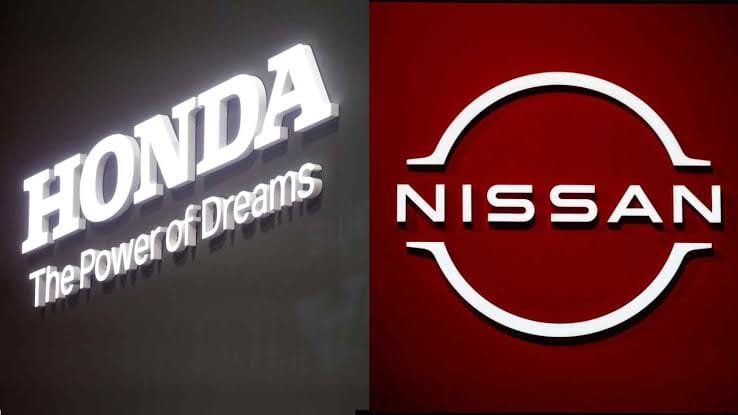Tokyo, 24 December 2024: Honda and Nissan are set to merge, forming the world’s third-largest automaker by sales, as they adapt to the rapidly changing automotive landscape. The two companies signed a Memorandum of Understanding on Monday, marking the first step towards a major partnership. Mitsubishi Motors, a smaller partner in the Nissan alliance, will also join the talks on integration.
Nissan CEO Makoto Uchida commented that the merger could “deliver even greater value to a wider customer base” if successful. This collaboration comes as Japanese automakers seek to reduce costs and catch up in the electric vehicle (EV) market, where they have struggled to compete with global leaders.
In addition to this move, reports indicated that Foxconn, the Taiwanese manufacturer known for its iPhone production, might have played a role in driving the merger discussions, particularly given its existing ties to Nissan. The merger could create a company valued at over $50 billion, combining Honda, Nissan, and Mitsubishi’s sales. This would put them in competition with automotive giants like Toyota and Volkswagen.
Despite concerns over market competition, including Toyota’s continued lead, with 11.5 million vehicles sold in 2023, the merger would significantly boost the companies’ combined production, bringing them closer to 8 million units annually.
Nissan’s financial difficulties, which stemmed from a scandal involving former chairman Carlos Ghosn and management restructuring, have affected its competitiveness. However, experts see Nissan’s expertise in EVs, batteries, and hybrid powertrains as a valuable asset for Honda’s future product lineup.
While the merger might provide much-needed support for Nissan, it is not without controversy. Carlos Ghosn, commenting via video from Lebanon, called the integration plans “desperate.” He was arrested in 2018 on charges of financial misconduct, which he denies.
The potential merger also comes amid broader industry consolidation. In August, Nissan, Honda, and Mitsubishi agreed to collaborate on sharing components for EVs and joint research on autonomous driving software. Honda has also faced its own challenges, with declining sales in China, though its stock saw a significant rise following news of the merger.
Japanese government officials, while not commenting on the specifics of the merger, highlighted the need for Japanese companies to remain competitive in an increasingly global and rapidly evolving market. “Measures needed to survive international competition will be taken,” said Cabinet Secretary Yoshimasa Hayashi.

